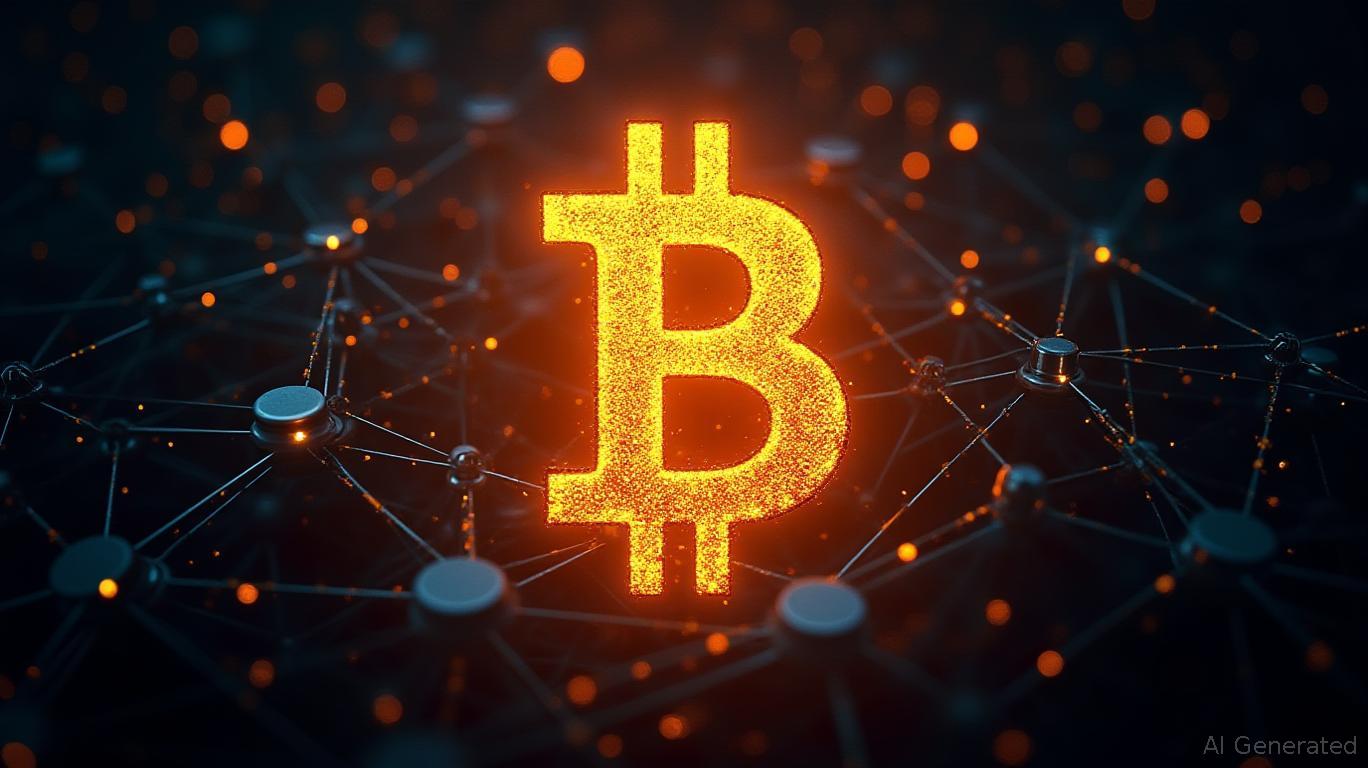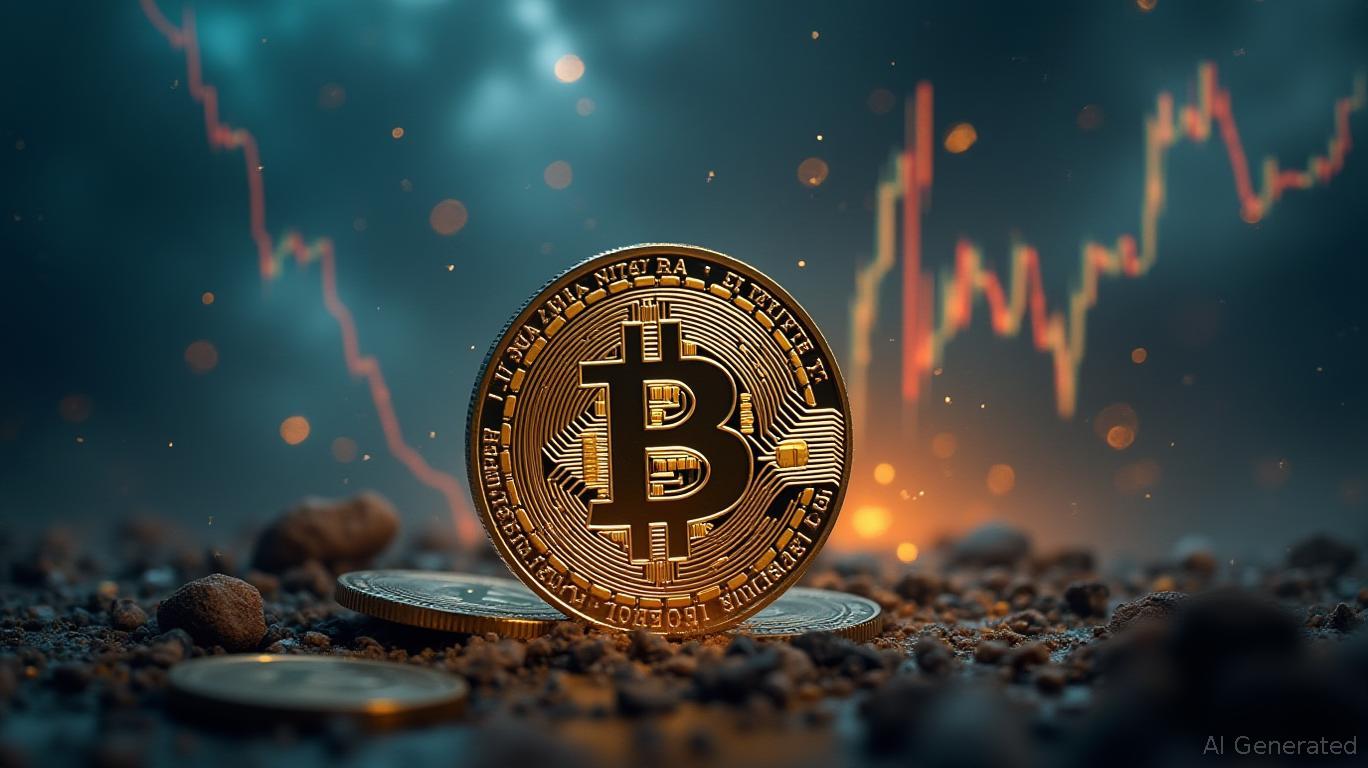Bitcoin News Today: The Bitcoin Fork Debate: Balancing Spam Prevention and Open Access Principles
- Bitcoin developers debate a temporary soft fork to curb spam transactions, sparking a debate over balancing spam control with permissionless principles. - Supporters like Luke Dashjr argue it's a pragmatic measure to address non-monetary transactions clogging the network, despite calling it an imperfect solution. - Critics warn it risks setting a dangerous precedent, undermining Bitcoin's core principles and lacking clear content definitions for "questionable" transactions. - The temporary soft fork, set
Bitcoin Developers Discuss Temporary Soft Fork to Address Network Spam
The Bitcoin development community is currently split over a proposed short-term soft fork designed to limit spam transactions on the blockchain. This has ignited a heated discussion about how to balance preventing misuse with maintaining the open, permissionless nature of Bitcoin. The proposal, submitted under the alias "Dathon Ohm," aims to temporarily restrict arbitrary data from being stored on the blockchain, providing developers with a window to devise a more permanent fix, according to

This proposal has received backing from notable individuals such as Luke Dashjr, a veteran
On the other hand, detractors believe this approach could set a troubling example. Leonidas, an influential member of the Ordinals community on X, cautioned that filtering out certain transaction types—regardless of their content—might erode Bitcoin’s foundational values. "There is no real distinction between accepting the censorship of JPEG or
Jameson Lopp, co-founder of the Bitcoin security company Casa, also voiced reservations, pointing out that the proposal does not clearly define what is considered "legally or morally questionable" material. He further noted that node operators already agree to consensus rules by running nodes and can choose to disengage if they disagree.
This ongoing debate reflects a deeper conflict within the Bitcoin community. Supporters of the soft fork argue that spam transactions increase transaction fees and harm network efficiency, while critics worry about the risks of centralized decision-making over transaction validity. The proposal’s temporary nature, with a set expiration, is viewed as a compromise. Still, the lack of developer agreement highlights the challenge of reconciling technical measures with core philosophical beliefs.
As discussions continue, the decision could influence Bitcoin’s future as its use cases evolve. At present, the proposal is still under review, and there is no set date for its potential rollout.
Disclaimer: The content of this article solely reflects the author's opinion and does not represent the platform in any capacity. This article is not intended to serve as a reference for making investment decisions.
You may also like
Bitcoin News Today: Ideal Mix of Economic Factors Drives Bitcoin’s Push for a November Surge
- Bitcoin's November history of 42.49% average gains since 2013 positions it as a key bullish period, with 2025 following the trend after October's 4.5% drop. - Macro factors like Fed rate cuts and U.S.-China cooperation create a "perfect storm" for a November breakout, supported by Bitcoin reclaiming its 200-day EMA. - However, a 5-week U.S. government shutdown and ETF outflows, including BlackRock's $2.6B exit, highlight regulatory and liquidity risks amid mixed market sentiment. - Historical seasonality

Berkshire Hathaway's cash reserves reached a record $381.67 billion.